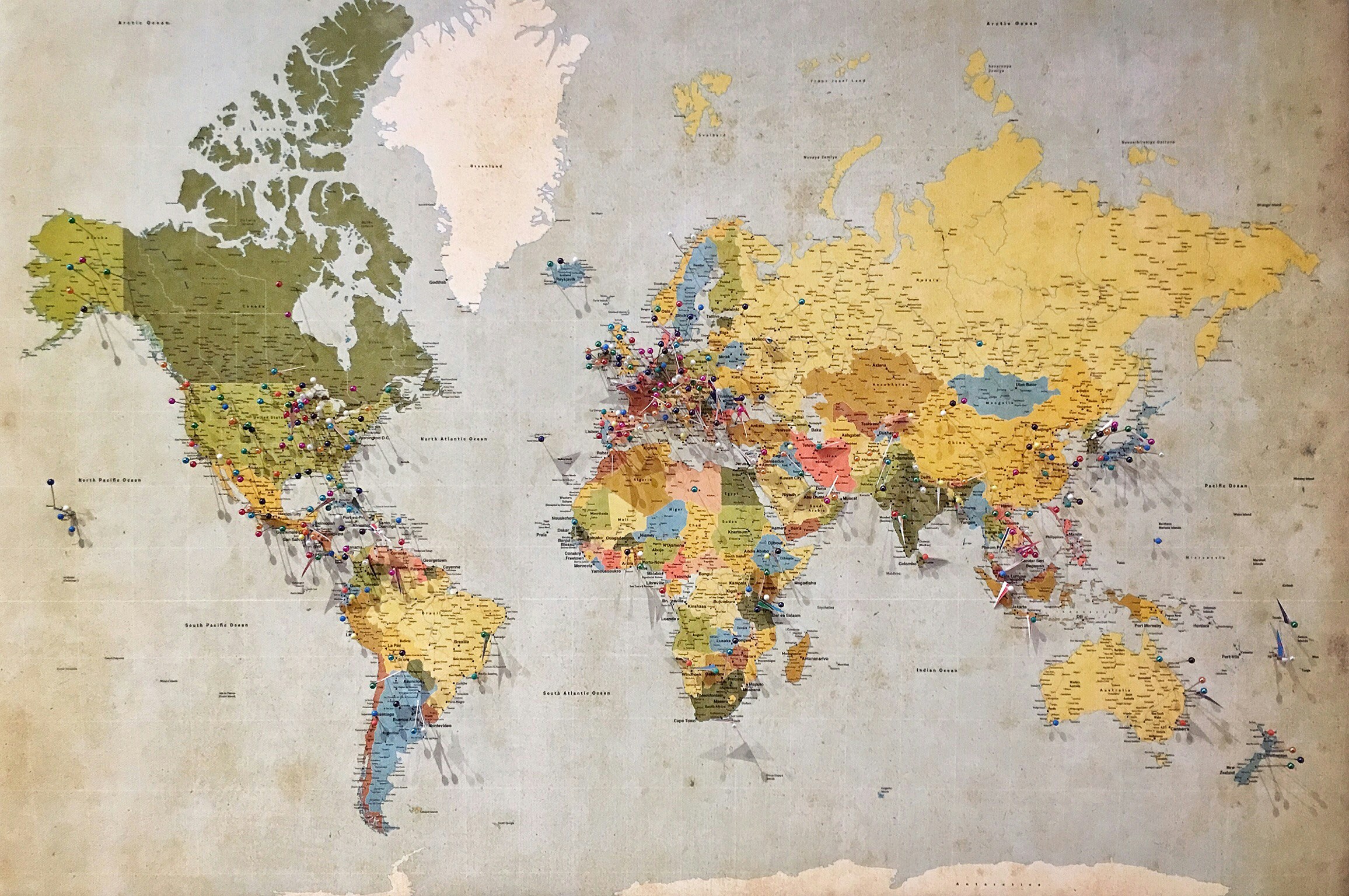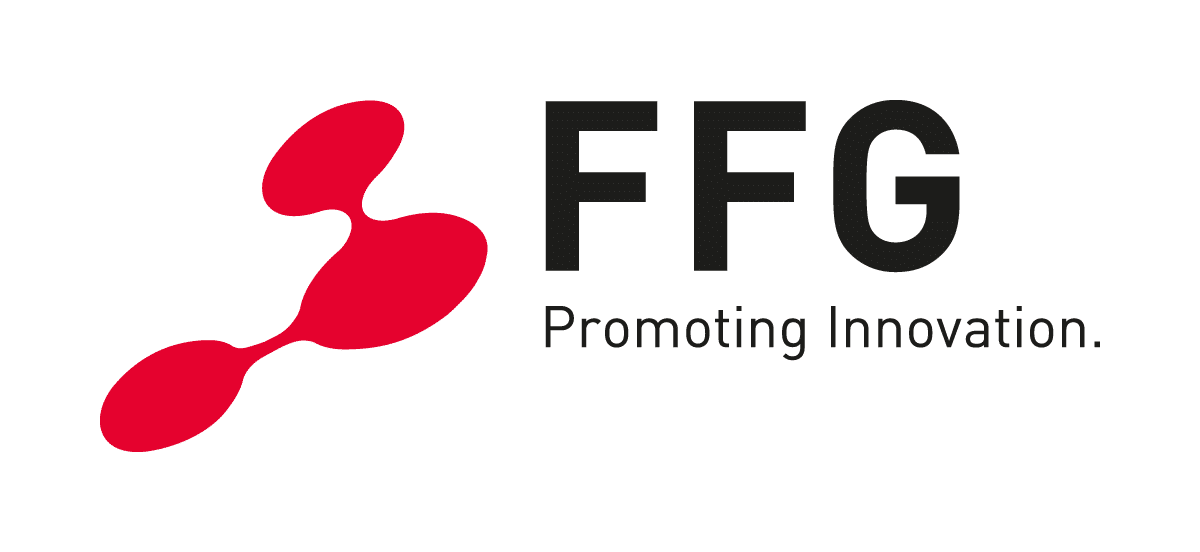Developing and poor nations are more vulnerable to supply chain disruptions than wealthy countries, according to a study out of the Complexity Science Hub
Using firm-level data from the global supply network, researchers from the Complexity Science Hub (CSH) quantified countries’ exposure to production losses caused by firm defaults in other countries. According to their findings, wealthy nations are only exposed to supply chain disruptions from other high-income countries, while poor and developing nations are exposed to shocks from all countries.
“Our data comes from Standard & Poor’s Capital IQ platform, which contains information on most of the world’s largest and most important companies. Around 230,000 companies in 206 countries are represented in this data, which provides a good picture of the global supply chain network,” explains CSH scientist Tobias Reisch.
“Data on almost 1 million corporate relationships is included, detailing the flow of goods and services between countries,” adds Reisch, one of the lead authors of the study published in Nature Communications.
SIMULATION OF ECONOMIC SHOCKS
The researchers wanted to know what would happen in the event of a supply chain disruption – whether it be a transportation infrastructure problem, like the collapse of the Baltimore Bridge; or a natural disaster, such as an earthquake in Taiwan, among others. They then simulated economic shocks in the networks – interruptions in the flow of goods and services – and observed how they propagated within the networks.
“By studying of how a complete interruption of a firm would spread across the global supply network, we discovered that high-income countries create significant exposures beyond their regions and thus export systemic risk“, says Stefan Thurner, senior author of the study and CSH president. In contrast, “low-income countries are disproportionately strongly affected by high exposure values”.
NOT AS EXPECTED
“We initially thought the economic shocks would affect more rich and industrialized countries since they are more involved in global value chains. However, this was not the case. They receive less economic shocks, but create more shocks,” highlights Reisch. “In some ways, these countries seem more diversified, or at different positions in the supply network. In fact, they are exposing other countries more than they are exposed.”
The study’s results also reveal that exposure to other nations is highly structured on a regional level. Therefore, companies within a country are most vulnerable to shocks within their own borders. “This indicates the typically strong embedding of firms within their local or national supply chains. The same applies to regions as well: African companies are closer to others located in Africa, and European firms have closer ties to those located on the Old Continent,” explains Reis.
STRUCTURAL INEQUALITY
The findings suggest structural inequality in supply networks between countries is significant, according to the CSH researchers. “Since exposure inequality arises from the structure of the global supply network on the firm level, it is important to understand the processes that let firms from different income countries enter into production and trade relations and how this could happen by creating less risk exposure to poorer countries,” propose the authors.
“A possible strategy to make supply chains more resilient, fair and sustainable at the same time could be the introduction of a ‘systemic risk tax’ for international supply networks. There one could follow ideas we developed earlier for making financial markets more resilient. However, the situation for supply chains is more complicated and it will need more research to get the details right how such a taxing scheme could look like,” saysThurner.
The authors of the study urge a global effort to collect and monitor granular economic data way better than what was available in the study. Only with better data, researchers and policymakers will be able to track the spreading of supply chain threats around the world so that it becomes actually usable und helpful for individual companies. This would allow firms and governments alike to anticipate and prepare for globally spreading supply shocks, according to the CSH researchers.
About the study
The study “Inequality in economic shock exposures across the global firm-level supply network,” by Abhijit Chakraborty, Tobias Reisch, Christian Diem, Pablo Astudillo-Estévez, and Stefan Thurner has been published in Nature Communications (doi: https://doi.org/10.1038/s41467-024-46126-w).







